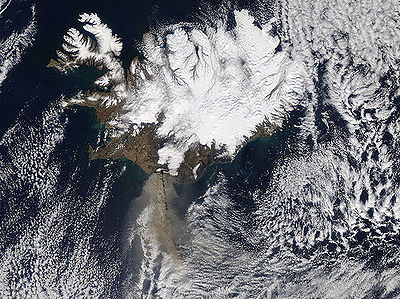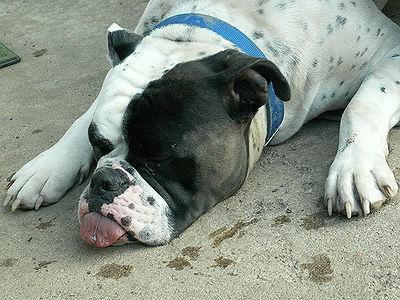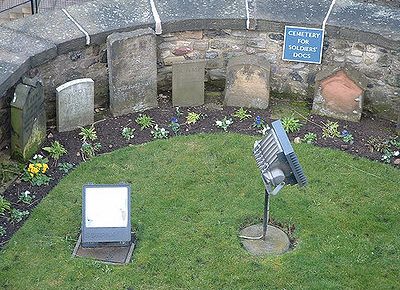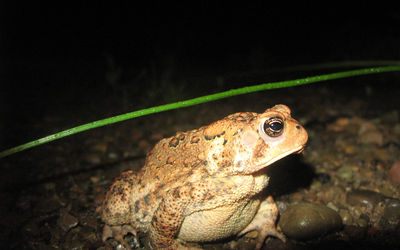
The volcano in Iceland put many animals at risk. Animals who inhale or ingest volcanic ash are at risk for fluoride poisoning. This could cause internal bleeding, long-term bone damage and teeth loss. This was a large concern for farmers of sheep, cattle and horses in southern Iceland.
Some horses panicked and ran away. They had to be rounded up and closed up in a barn, provided with hay and clean water until the ash dissipated.
Geese were also affected by the volcano. The ponds became heavy with mud and they were unable to fly because their wings were covered with ash.
In the aftermath of the volcano eruption in Iceland, the British Veterinary Association issued guidelines to pet owners concerning animal health after a volcano:
- if you notice any symptoms or smell sulfur, rotten eggs or a strong acidic smell take reasonable action to protect your pets by limiting their time outdoors
- any pets with respiratory problems should be well protected from the atmosphere
- cover outdoor aviaries to protect birds
- find suitable shelter for any pets that usually live outdoors.
Bill Reilly, President of the British Veterinary Association, said, “Pet owners should limit the amount of time that they and their animals spend outside if they detect the ash and consult a vet if they have any concerns about the health of their pets.”
Video: How humans and animals are affected by the volcano ash



